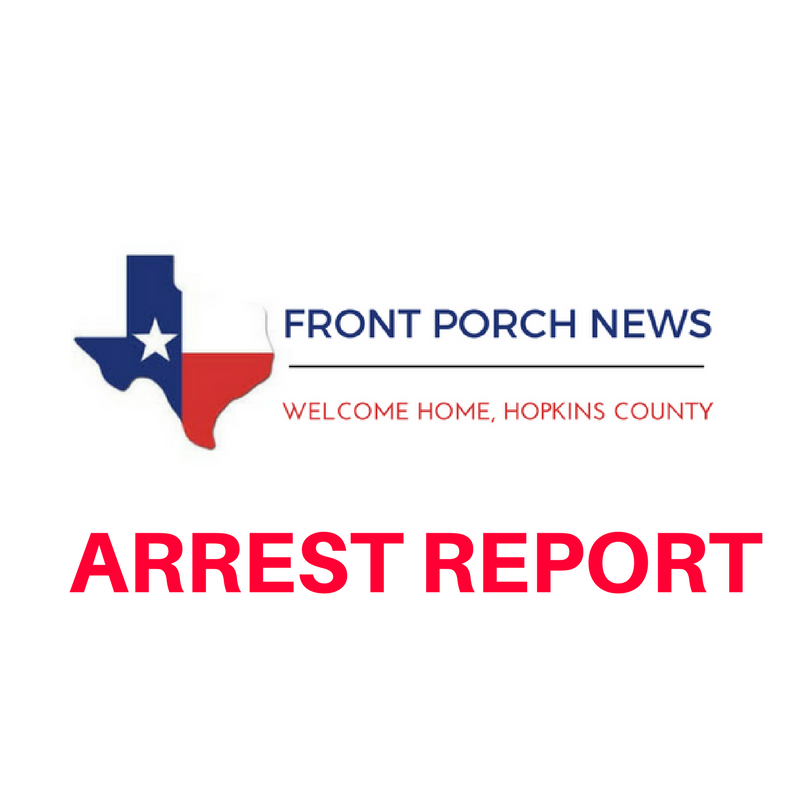Capitol Hall Report – February 2, 2017 – Evaluating and Clarifying Senate Bill 2

Evaluating and Clarifying SB 2
The Texas Property Reform and Relief Act of 2017, will, at long last, provide Texas citizens a meaningful voice in limiting out of control property tax growth by requiring an election to approve an annual increase over 4%. It is the ultimate in local control by citizens. For far too many years, citizens have been subjected to increases in property tax growth which are 200 to 300 percent greater than median household income. This growth has forced families to sell their family homes because, on fixed incomes, they could not afford the continuous annual rapid escalation in property tax.
In addition to giving citizens a greater voice in property tax increases, SB 2 will also bring much needed reform to the property appraisal process. SB 2 touches on almost all aspects of the Texas Property Tax System, with the goals of simplification, clarification and transparency of the property tax and appraisal system.
Unfortunately there appears to be rather widespread misunderstanding of the real benefits to citizens of the changes SB 2 will bring. The following are corrections to some of the myths:
Myth: “This (SB 2) is equivalent to taxation without representation.”
Truth: SB 2 is the ultimate in “local control” because SB 2 puts the final decision for controlling out-of-control property tax increases directly into the hands of the local citizens who have to pay the higher taxes. If the citizens agree that the needs of the community exceed the allowable four percent they have ability to approve any level of property tax increase by a simple majority vote in a roll-back election. This is the ultimate in taxation representation. SB 2 allows the people to have a direct say in how much “government” they want and how much their property taxes will be increased to provide those services.
Myth: “The only property tax revenue growth the city or county could expect would be from new construction.”
Truth: SB 2 will not limit the property tax revenue for any city or county. Local government can increase revenue by up to four percent without approval from the citizens. The citizens have complete authority to increase their tax burden to any level above the four percent.”
Myth: “…. we can’t add policemen, repair roads, keep water flowing into homes or businesses, and your waste flowing away from your home or business.”
Truth: If the increase in needed services exceeds four percent the citizens have the authority by a simple majority vote to increase the local property taxes to cover whatever level of needs or service they desire. The citizens will have the ability to determine their own tax growth rate above four percent.
Myth: “… to keep small town and cities growing, SB 2 would need to be turned down.”
Truth: Government does not grow a community by increasing taxes. In fact, excessive taxation inhibits growth. Businesses and families are drawn to communities with low taxes and few government regulations. Also, in SB 2, new growth taxation is not included in the four percent roll-back rate.
Highlights of the bill include:
- Lowering the rollback tax rate from the current 8% to 4%;
- Requiring automatic tax ratification elections if the taxing unit adopts a tax rate that exceeds the rollback rate, thus removing the onerous petition requirement in current statute;
- Standardizing tax ratification elections across the state by requiring them to be held on general election dates;
- Creating a Property Tax Administration Advisory Board in the Comptroller’s office to oversee the entire property tax process;
- Statutorily setting the deadlines for all property tax protests to be filed in Texas to May 15, thereby eliminating confusion by owners of multiple classification of property owners;
- Requiring all appraisal districts to use the appraisal manuals issued by the Texas Comptroller, which will result in more transparent, accountable and consistent appraisals statewide;
- Establishing specialized Appraisal Review Board (ARB) panels in counties with a population of 120,000 or more that can hear more complex taxpayer protests;
- Clarifying that a majority vote by an ARB is binding for decisions, thus eliminating the requirement of some ARB panels for a unanimous vote;
- Eliminating Sunday ARB hearings and evening hearings that begin after 7pm or before 5pm;
- Mandating that all members of each Appraisal District Board of Directors must be elected officials within their respective counties, thus directly answerable to the citizens;
- Increasing the value of properties that have the option of going to binding arbitration to $5 million, thereby providing taxpayers an alternative to costly litigation;
- Raising the exemption from filing income producing business personal property from $500 in value to $2500 to cut compliance cost for taxpayers and appraisal districts; and
- Prohibiting local governments from being able to challenge the value of an entire class of properties.
Passage of SB 2 will be a major step in returning the power of taxation to the people which is what our founding fathers intended when they wrote “… of the people, by the people and for the people.”












